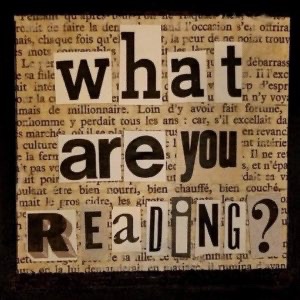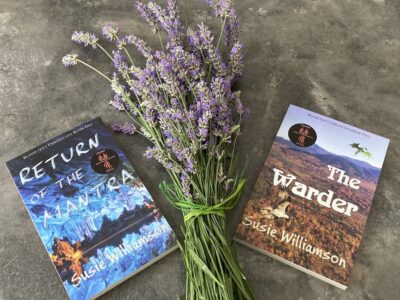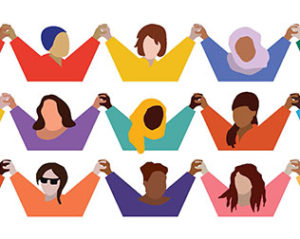
It’s been a busy few days, beginning on Saturday when I went along to Wincanton Book Festival. Reading an extract from Return of the Mantra, I chose the scene when Suni first meets a mysterious young boy who doesn’t speak. It reminded me of the tenderness that develops in this parent/child type relationship; a relationship that continues to grow in the sequel. Needless to say it was a lovely day promoting all things books, and as I chatted to interested people, I thought more about the complexities of my female protagonist, a girl who struggles to find her place in the world, who survives and adapts and learns to fight to save her homeland.

Sunday morning began with the usual physio routine, although this time I was accompanied by a local radio broadcast celebrating international women’s day. Hosted by Dreadnought Southwest, guests from local communities and organisations discussed topics of ethnicity, disability, powerful women, and the Windrush women of Devon, to name a few. All this intermingled with music from around the world, as well as a popular choice of Joan Armatrading, a perfect accompaniment to those hard to reach stretching exercises!
It all got me thinking more about women in fiction and female characters. Rather than the idea of strong women tropes, I thought of complex characters with storylines to match. As for favourites, among a diverse cast the list is huge, but…

June Osborne from Handmaid’s Tale (let’s refuse to call her Offred). The dystopian world of Gilead is a hard watch/read, made harder after watching a recent documentary by Margaret Atwood, who discussed the real life events that inspired the books. The author was clear that nothing was made up, it had all happened, somewhere. The oppression is obvious and horrifying, but despite the brutality, among the handmaid characters there are so many examples of humanity. June stands out not only because she is the main character, but because of her outspoken rebellion, and how direct, ruthless, brave and protective she is. A real heroine.
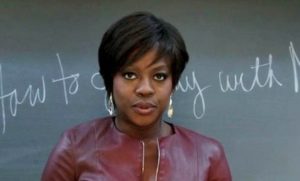
Analise Keating from the legal drama, How to Get Away with Murder, stands out for me because of the sheer range and layers of this character. Just when you think you’ve got to grips with who she is, another layer is revealed. Powerful in her role as an attorney, yet flawed by alcoholism that she uses as a refuge to escape her past and the stresses of work, (and the complications of close-to-home murder!), we see the range of her character through the relationships she keeps. A favourite quote: ‘You’ve never understood. Even now. Your privilege lets you be gay. I’m black from the damn bible belt. So stop trying to figure out what’s gonna make me happy. You don’t know what that is. I don’t know what that is. But it isn’t about finding a person, a man or a woman. I have to figure it out. I have to save me.’

Princess Mononoke, San, or wolf girl, was raised by wolves and is princess of the wolf gods. She rejects humanity and any notion that she is human, and refuses to forgive the human race for what they have done to the forest. A girl with absolute conviction and the line, ‘I’m not afraid to die! I’d do anything to get you humans out of my forest!’ And I for one believe she would.
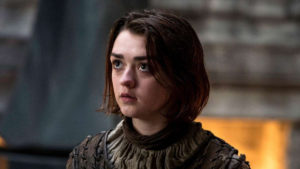
Arya Stark from Game of Thrones is independent from a young age, bored with any notions of feminine activities she challenges female stereotypes. After losing her family she becomes tough and resilient, seeing the worst humanity has to offer, adapting and surviving as she travels alone through Westeros, armed only with her kill list.

Poussey Washington from Orange is the New black, an outspoken and deeply caring woman who avoids violence and confrontation with her fellow inmates in Litchfield prison. With an intelligent, joking nature, complex issues around depression and alcoholism are explored. And if you are questioning the significance of fictional characters, consider Poussey Washington. This character died in the series, while being restrained by a prison guard. In the story, fellow inmate Taystee, creates a memorial to her friend, and uses the tragic incident to try to raise awareness of prison conditions. In real life, the producers of the show established The Poussey Washington Fund, an initiative to raise money for advocacy groups focused on criminal justice reform, protecting immigrants’ rights, ending mass incarceration and supporting women who have been affected by it. What a great example of the impact fictional characters can have!
And now back to edits of The Warder, and a new character is introduced…
Happy Reading!

